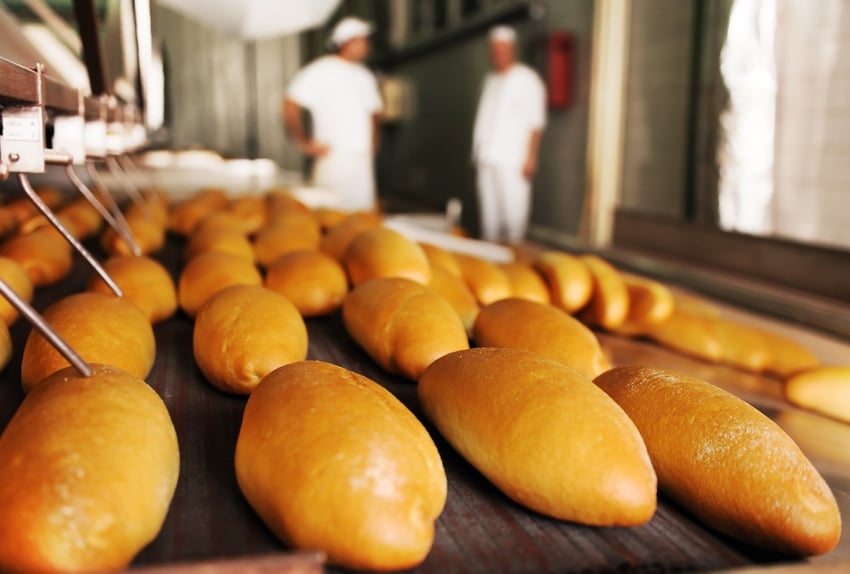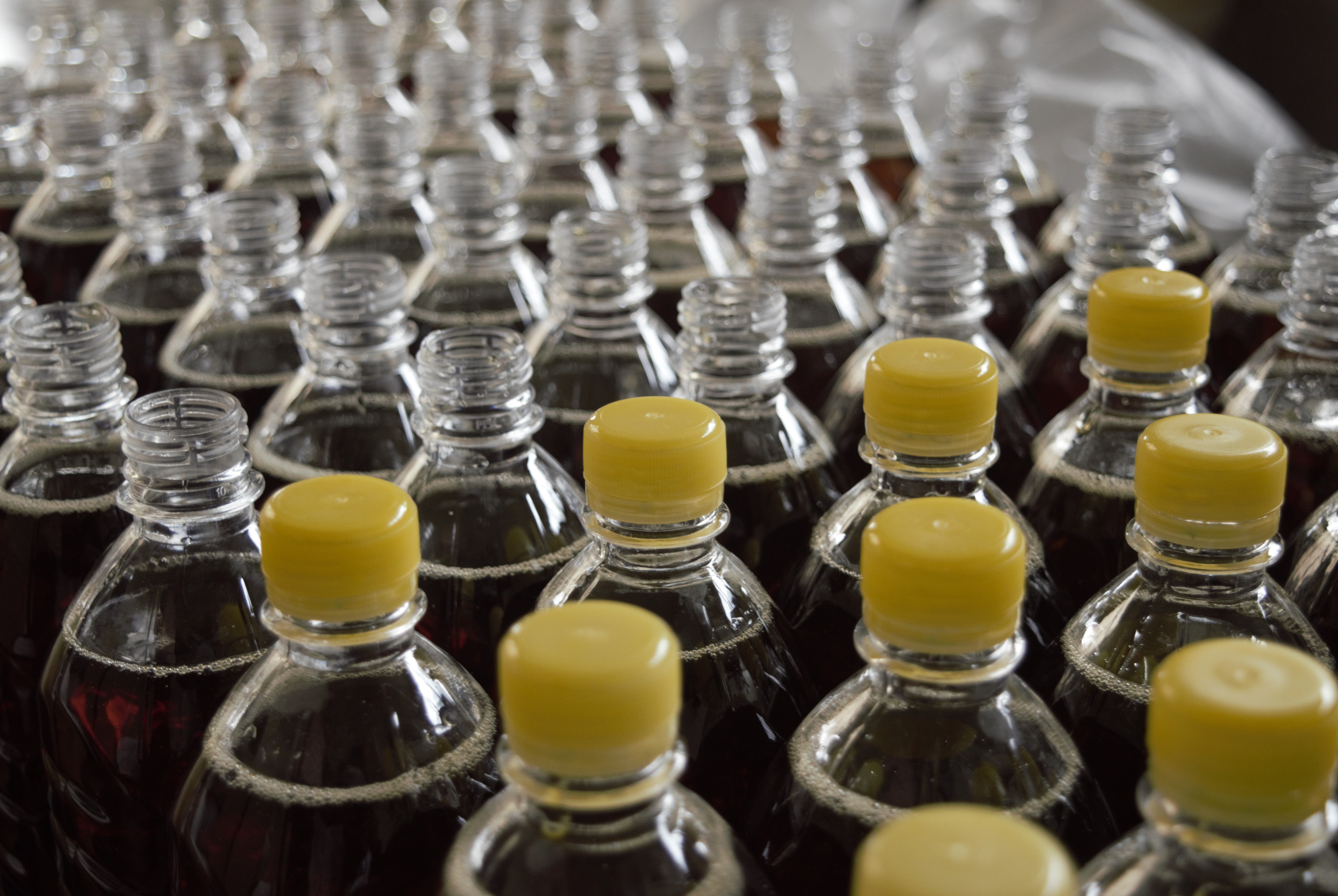Lot numbers play a central role in food and beverage manufacturing. They connect each finished product back to its source, support traceability requirements, and protect brands during recalls. As regulations continue to expand across the industry, reliable lot number tracking has become a core requirement rather than an optional process. This article explains what a lot number is, why it must be tracked, and how Order Time’s inventory control and order management platform helps manufacturers manage a lot of information across the entire supply chain.
Table of Contents
- What Is a Lot Number?
- Why Should My Business Track Lot Numbers?
- How Order Time Improves Lot Number Tracking
- Frequently Asked Questions
What is a Lot Number?
A lot number is an identification number assigned to a particular quantity, batch, or lot of a product from a single manufacturer. Lot numbers can typically be found on the outside of packaging.
A product will typically have an identifier often referred to as a SKU (stock keeping unit). For example, a case of tomato sauce may have a SKU of SCS-123. In addition to the SKU, the case will have a lot of numbers, which may be different in each case. For example, cases purchased in December may have a different lot number than those purchased in January, but the SKU will be the same. A lot number may also be a date code representing the expiration of the product.
Order Time Resources:

Why Should My Business Track Lot Numbers?
Lot numbers enable the manufacturer to trace a product back through the production process to the source of the raw materials used in the finished product. In our example of tomato sauce, the lot numbers on the cases allow the manufacturer to determine which tomatoes were used and from which supplier. For example, if a certain batch of tomatoes may have been contaminated, the manufacturer can recall only the lot numbers affected instead of a total recall.
For food and beverage manufacturers, electronic traceability has become an industry requirement. On July 31, 2009, the House passed the Food Safety Enhancement Act, which has been touted as the most far-reaching reform to food safety legislation in 50 years. The legislation outlines the requirements for all companies that produce, manufacture, process, pack, transport, or hold food to maintain a full pedigree of product information and electronic traceability records.
On Oct. 5, 2009, 55 food-service manufacturers, distributors, and operators launched the Foodservice GS1 Standards Initiative, outlining the adoption of a common timeline for implementation of GS1 global standards for company identification, item identification, and product description.
Electronic record keeping is a central element of the BioTerrorism Act, and all food companies, regardless of size, must comply with the regulatory chain of custody conditions.
Among other things, in the event of a recall, it mandates that a company be able to provide a complete chain-of-custody of a tainted product within four hours or face fines and penalties. This rules out the use of paper records.
Order Time Resources:
>> More about Food Safety & Recalls
>> Why is traceability in the food chain important for food safety?
>> Public Health Security and Bioterrorism Preparedness and Response Act of 2002
How can Order Time Improve Lot Number Tracking?
Lot number tracking is a key requirement for food and beverage manufacturers. It supports product safety, improves recall readiness, and gives teams the visibility needed to manage quality at every stage of production. Digital traceability makes this work faster and more reliable, especially as regulations continue to evolve.
Order Time brings these processes together in one system. It connects lot tracking with purchasing, production, inventory, and fulfillment so manufacturers can maintain accurate records and respond quickly when needed. To explore how Order Time supports lot tracking and other essential manufacturing workflows, visit the features page today!
Order Time Resources:







